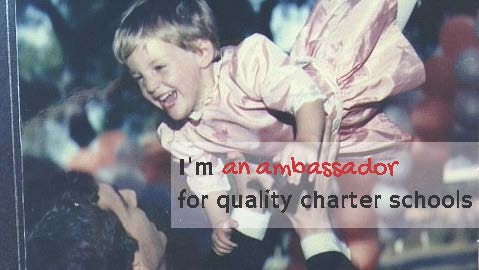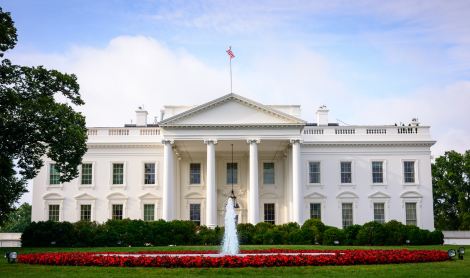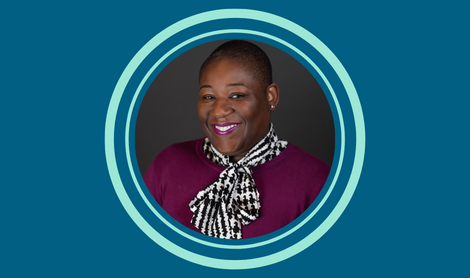This is the story of my senior year of high school, when I was applying to colleges in the early aughts. I was like a lot of students from my California hometown, applying for some public UCs and a few private schools in-state and back east (also known as “where it snows,” which was generally regarded with skepticism).
But, unlike most of those aspiring freshmen, I was one of twenty kids graduating from my town’s first charter school.
This presented a challenge, as the vast majority of the country didn’t even know what a charter school was back then, including college admissions personnel. My school knew that in some ways this put me at a disadvantage, as my high school experience was going to be approached by admissions officers with a degree of skepticism.
We were a team, me and my school. We had to win those colleges over and convince them not only of my merits as an applicant, but of the merits of my school and the rigor of my high school education. We had to be ambassadors for the charter school movement.
And now, in my career at NACSA, I’m still that ambassador for quality charter schools—but in a different way.
I’m no longer speaking for one great school, but instead speaking for charter school authorizers. In their role as the gatekeepers of the charter movement, authorizers see the best and the worst of the charter sector. They see those schools that are shining stars and changing lives, and those that let our kids down. And while their identities are varied, authorizers are the common denominator in the charter sector. Every charter school in existence now and every charter school that could possibly exist in the future has a charter school authorizer.
This means the impact of authorizing is huge. If an authorizer is doing its job well, it will set the bar high and only great schools will be allowed to open and remain open year after year.
If I can give one authorizer the tools it needs to do its job well, that might mean one more class of high school seniors is preparing for their first day of college.
And, if through policy change I can ensure all authorizers in a state have the tools they need to do their jobs well, that could change a lot.
(P.S.: You can check out my high school here. Go Dark Meat!)



